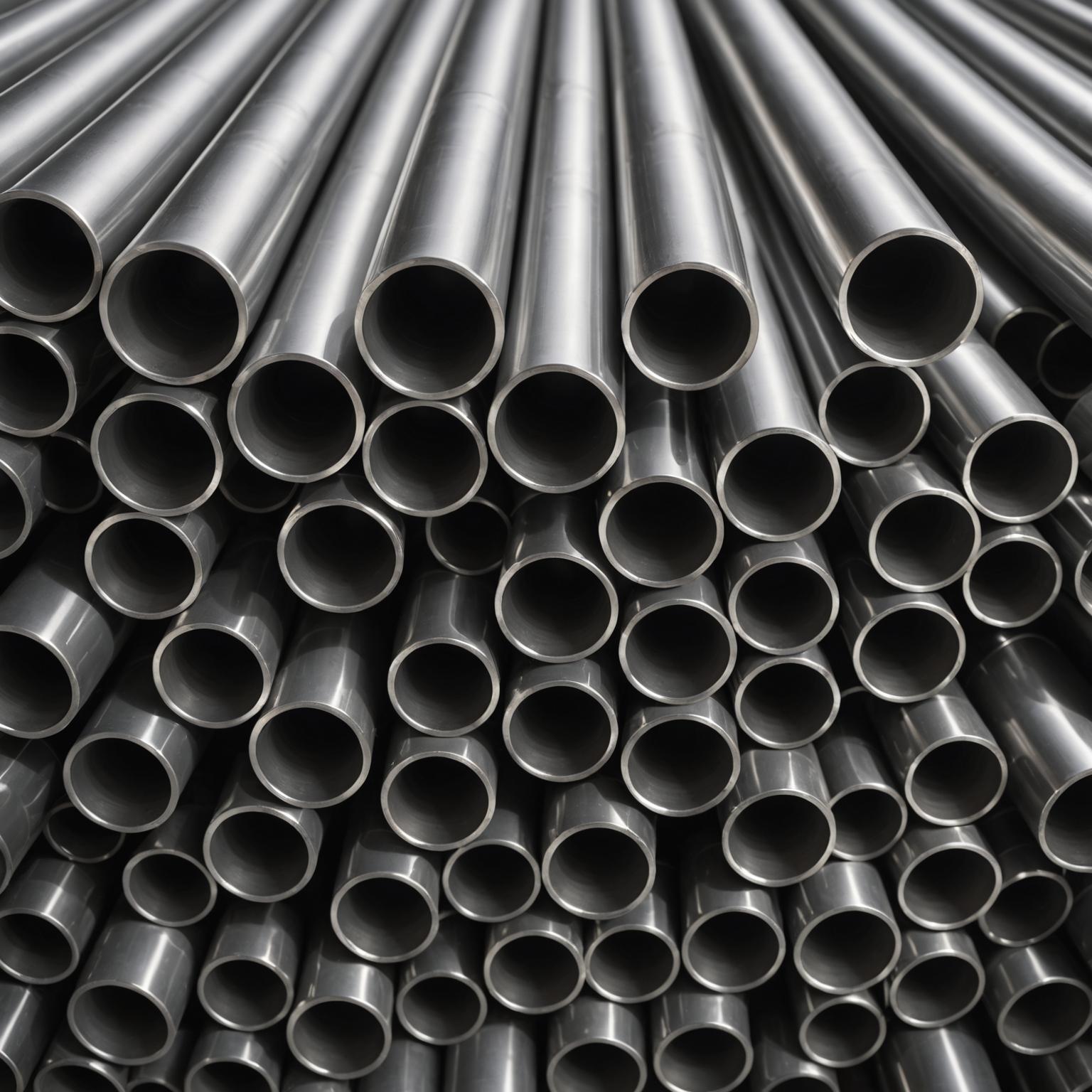Understanding the Special Requirements for Stainless Steel Pipes in the Food Industry
In the world of manufacturing and commercial applications, stainless steel pipes are often heralded for their robust construction and aesthetic appeal. Yet, when it comes to the food industry, there are certain special requirements for stainless steel pipes that must be adhered to in order to ensure safety, efficiency, and compliance with industry standards. These requirements are critical as they directly impact the quality and safety of food products.
Key Reasons for Stainless Steel Pipes in Food Industry Applications
The use of stainless steel pipes in the food industry is favored due to their unparalleled resistance to corrosion and wear. Due to the daily exposure to acidic and alkaline substances, the food industry demands materials that can withstand such aggressive environments without compromising structural integrity or contaminating food products. Stainless steel is uniquely suited to meet this demand, providing a surface that resists corrosion and prevents material flaking or oxidation, ensuring food safety is never breached.
Additionally, maintaining a high level of hygiene is a paramount consideration in food processing. Stainless steel’s sleek and polished surfaces are not just for aesthetic appeal; they also contribute significantly to sanitation by minimizing areas where bacteria could proliferate. The smooth, non-porous surface makes cleaning easy and effective, ensuring that food-grade stainless steel pipes can sustain rigorous cleaning cycles that are essential in maintaining hygienic conditions.
Specific Requirements and Standards for Stainless Steel Pipes in the Food Sector
Certain exacting standards must be met for stainless steel pipes to be suitable for the food industry. Primarily, these pipes need to conform to stringent industry-specific standards such as the 3-A Sanitary Standards, which dictate design and fabrication requirements for food-grade equipment. Meeting such standards ensures that pipes are adequately corrosion-resistant, made from approved materials, and are easy to clean and maintain.
Furthermore, stainless steel used in these applications needs to be of high-grade material composition, typically 304 or 316, which offers exceptional durability and resistance to various chemicals commonly used in the food processing industry. Such grades ensure that the pipe surfaces remain smooth and free of contaminants that might otherwise affect the taste, safety, or quality of food products.
Implementing Stainless Steel Pipes in Food Manufacturing Systems
When integrating stainless steel pipes into food manufacturing systems, it's vital to consider not only the composition of the pipes but also their welds and joints. Welds need to be smooth, without cracks or crevices where bacteria might accumulate. Precision manufacturing processes, such as those used in producing high-quality stainless steel tubing, ensure consistency in wall thickness and diameter, providing seamless integration into existing systems.
The advanced engineering of our stainless steel tubing further emphasizes the importance of tailored solutions in food processing applications. Their precise design allows for easy integration and modification, enabling seamless transitions in manufacturing setups without compromising the overall system integrity. This flexibility is crucial for accommodating new processes or expanding existing production lines efficiently.
Conclusion: The Preferred Choice for Food Industry Applications
In conclusion, understanding the special requirements for stainless steel pipes in the food industry is essential for ensuring safety, efficiency, and maintaining food quality. With superior resistance to corrosion, enhanced durability, and ease of maintenance, stainless steel pipes meet the rigorous demands of food processing applications. For companies looking to elevate their operations, incorporating state-of-the-art stainless steel tubing can lead to enhanced functionality and innovation, driving forward both quality and efficiencies. By choosing quality, high-grade stainless steel, the food industry can ensure it continues to meet consumer expectations and regulatory standards, while also paving the way for future advancements and innovations in food production technology.








